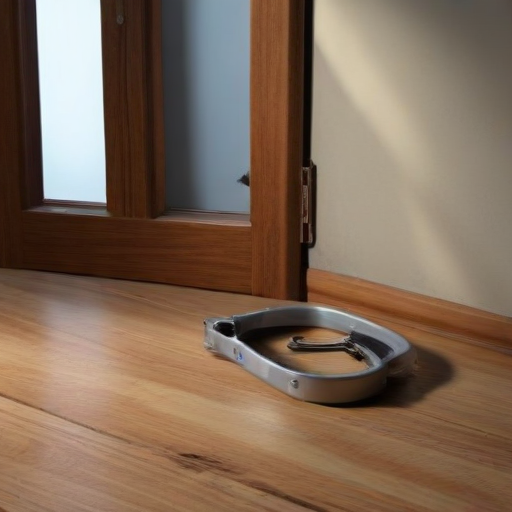COLUMBIA, S.C. — In a significant decision made on Wednesday, the parole board unanimously ruled that Susan Smith should remain incarcerated, 30 years after the tragedy in which she killed her two young sons by driving her car into a South Carolina lake while they were strapped in their car seats.
This was the first parole hearing for the now 53-year-old Smith, who is serving a life sentence for the murder after being convicted by a jury that chose not to sentence her to death. Per South Carolina law, she is eligible for a parole hearing every two years following her three-decade imprisonment.
During the hearing, Smith appeared via video link from prison, where she struggled to express her remorse. Tearfully, she stated, “I know what I did was horrible,” adding that she would do anything to change her past actions. Smith, who cited her Christian faith and asked for the board’s mercy, expressed that God has forgiven her.
The board questioned Smith about the resources that law enforcement expended during the search for her sons, to which she responded that she was “just scared” and uncertain about how to explain the situation. Smith’s appeals were met with opposition from a group of about 15 individuals, including her ex-husband David Smith, who emphasized his children’s tragic deaths were not a “tragic mistake,” urging the board to deny her parole out of respect for the boys’ memories.
David Smith, who wore a photo of his sons pinned to his suit, fought back tears as he underscored his commitment to attend future hearings to ensure Michael and Alex are not forgotten. Prosecutors and family members also delivered emotional testimonies emphasizing the profound impact of Smith’s actions.
The legal process for granting parole requires a two-thirds vote from board members present. In South Carolina, the likelihood of parole approval is notably low, further complicated by high-profile cases and opposition from victims’ families.
Smith’s attorney argued that her situation illustrates the dangers of untreated mental health issues, claiming she had no prior criminal history, which may indicate lower risk to public safety. He mentioned plans for her to work with a mental health professional and live with family if granted parole.
This tragic case gained international attention in October 1994, when Smith falsely claimed to have been carjacked and that a Black man had abducted her sons. This narrative stoked racial fears and led to community unrest in the search efforts that followed, lasting nine days until Smith’s confession that she had deliberately allowed her car to roll into the lake.
As Smith’s past continues to loom large, this latest decision serves as a reminder of the pain inflicted upon her family and the larger community. While Susan Smith expressed remorse and a desire for forgiveness, the emotional scars leave a lasting imprint, prompting many to advocate for the memory of her sons.
In a hopeful light, the hearings could serve as a platform for discussions around mental health awareness and the possibility of rehabilitation for those who have faced significant challenges in life. It emphasizes the importance of consistent support and intervention for those struggling with their mental well-being.
Ultimately, while the parole board’s decision reflects a commitment to justice and remembrance for Michael and Alex, it also highlights ongoing societal conversations about forgiveness, accountability, and the complex nature of human behavior.
